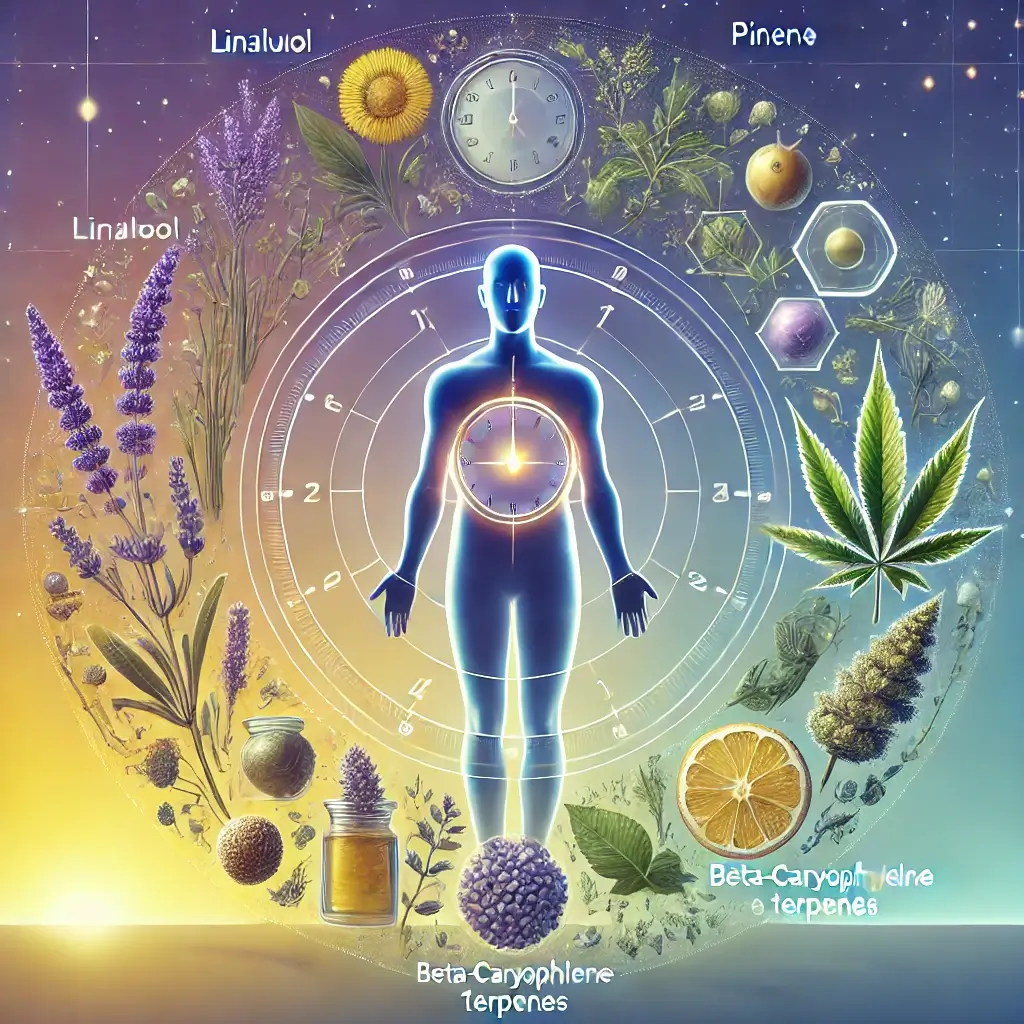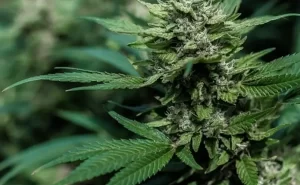The Senior’s Guide to Medical Cannabis: New Research and Practical Solutions
Embracing Senior Health and Well-being through Natural Alternatives
The golden years of life should be a time to enjoy the fruits of one’s labor, spend time with loved ones, and embrace new experiences. Yet, for many seniors, health issues such as chronic pain management in elderly, arthritis, insomnia, and anxiety can diminish this sense of fulfillment. Conventional treatments, while effective for some, often come with side effects that impact overall well-being. Enter medical cannabis—a natural remedy that is reshaping how seniors manage their health.
Understanding Cannabis Benefits for Senior Health
Medical cannabis has gained significant traction as an alternative or complement to traditional therapies. The plant’s active compounds, primarily THC and CBD, interact with the endocannabinoid system for symptom relief to address a variety of symptoms, from pain and inflammation to stress and poor sleep. For seniors, the appeal lies in cannabis’s ability to provide relief with fewer side effects compared to pharmaceutical options like opioids or sedatives.
Overcoming Barriers to Cannabis Adoption
Despite its growing popularity, many seniors face barriers when considering cannabis use, including lack of knowledge about medical cannabis, fear of side effects, and concerns about stigma. However, recent years have seen a shift in societal attitudes and increased access to educational resources, making it easier for seniors to explore cannabis as a viable option. This article will delve into the latest research, provide practical advice, and offer reassurance to seniors navigating their cannabis journey.
Scientific Evidence and Emerging Research
Scientific research continues to highlight the benefits of medical cannabis for conditions that disproportionately affect older adults. chronic pain management with cannabis remains one of the most well-documented uses. A 2020 study published in The European Journal of Internal Medicine reported that nearly 93% of senior participants using medical cannabis experienced pain relief, with many reducing their reliance on opioid medications. Given the ongoing opioid crisis, this finding underscores cannabis as a safer alternative for pain management.
Cannabis for Sleep and Neurological Health
Cannabis also shows promise in addressing sleep disorders. Insomnia and fragmented sleep are common among seniors and can exacerbate other health issues. A 2021 study in The Journal of Cannabis Research found that older adults using CBD-dominant products for sleep improvement experienced improved sleep quality and duration. Unlike traditional sleep aids, cannabis avoids the risk of dependency and next-day grogginess.
Advancements in Cannabis Research and Policy
Another exciting area of research involves neurodegenerative diseases such as Alzheimer’s and Parkinson’s. A 2019 study in Frontiers in Neuroscience explored the neuroprotective properties of CBD in brain health, finding that it could reduce brain inflammation and oxidative stress, potentially slowing disease progression. While these findings are preliminary, they offer hope for seniors and caregivers seeking better ways to manage these debilitating conditions.
Policy Changes and Senior-Focused Cannabis Care
Policy advancements have further propelled cannabis into mainstream senior care. In 2024, the U.S. government rescheduled cannabis, paving the way for expanded research and improved access. Many dispensaries now cater to older adults, offering educational workshops for senior cannabis use and products specifically designed for their needs, such as low-dose tinctures, CBD creams, and THC-free capsules.
Safety Considerations for Senior Cannabis Use
However, caution is essential when integrating cannabis into senior healthcare. Cannabinoids can interact with medications commonly used by older adults, such as blood thinners, antidepressants, and sedatives. Consulting a healthcare professional is crucial to ensure safe and effective use. Moreover, seniors are advised to start with low-dose cannabis for beginners and monitor their bodies’ responses to avoid side effects like dizziness or fatigue.
Getting Started with Medical Cannabis
Consult with a Medical Professional: Discuss your medical history and current medications to avoid potential interactions.
Start with CBD-Dominant Products: These are non-intoxicating and ideal for managing symptoms like pain and anxiety.
Experiment with Delivery Methods: Options like edibles, tinctures, and topicals are discreet and easy to use, making them popular among seniors.
Prioritize Quality: Purchase from licensed dispensaries to ensure product safety and effectiveness.
Track Your Progress: Maintain a journal to monitor symptoms and adjust dosages as needed.
The Future of Senior Health with Cannabis
For seniors, medical cannabis offers an opportunity to reclaim their health and independence. From managing chronic pain to improving sleep and addressing neurodegenerative diseases, cannabis is proving to be a versatile tool in senior healthcare. The growing body of research, coupled with supportive legislative changes, makes it easier than ever for seniors to explore safe cannabis use for elderly patients safely and effectively.
Moving Forward with Cannabis in Senior Care
As the stigma around cannabis fades and its benefits become more widely recognized, seniors are at the forefront of this health revolution. To learn more, consult studies like “Chronic Pain and Cannabis Use in Older Adults” (The European Journal of Internal Medicine, 2020) and “CBD in Neurodegenerative Disorders” (Frontiers in Neuroscience, 2019). By embracing medical cannabis for senior wellness, seniors can look forward to a future filled with enhanced well-being and vitality.













